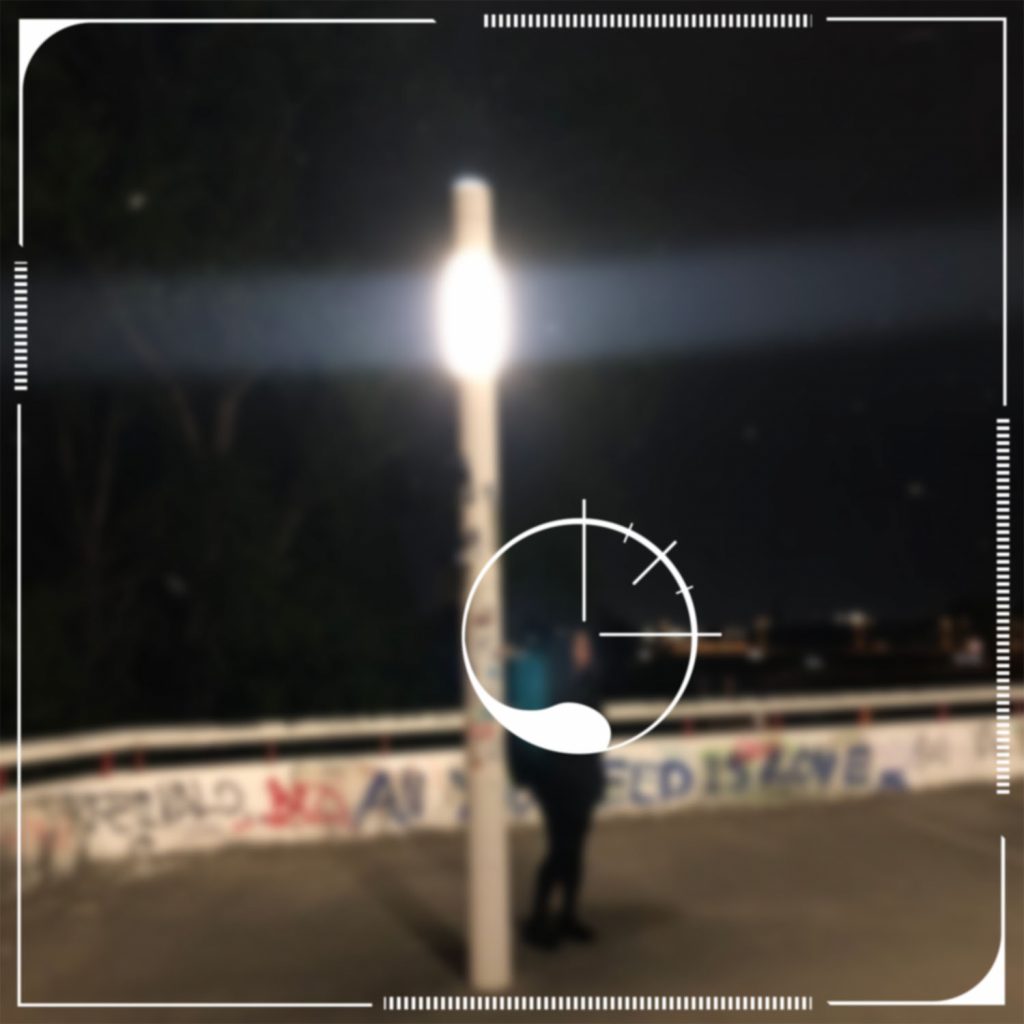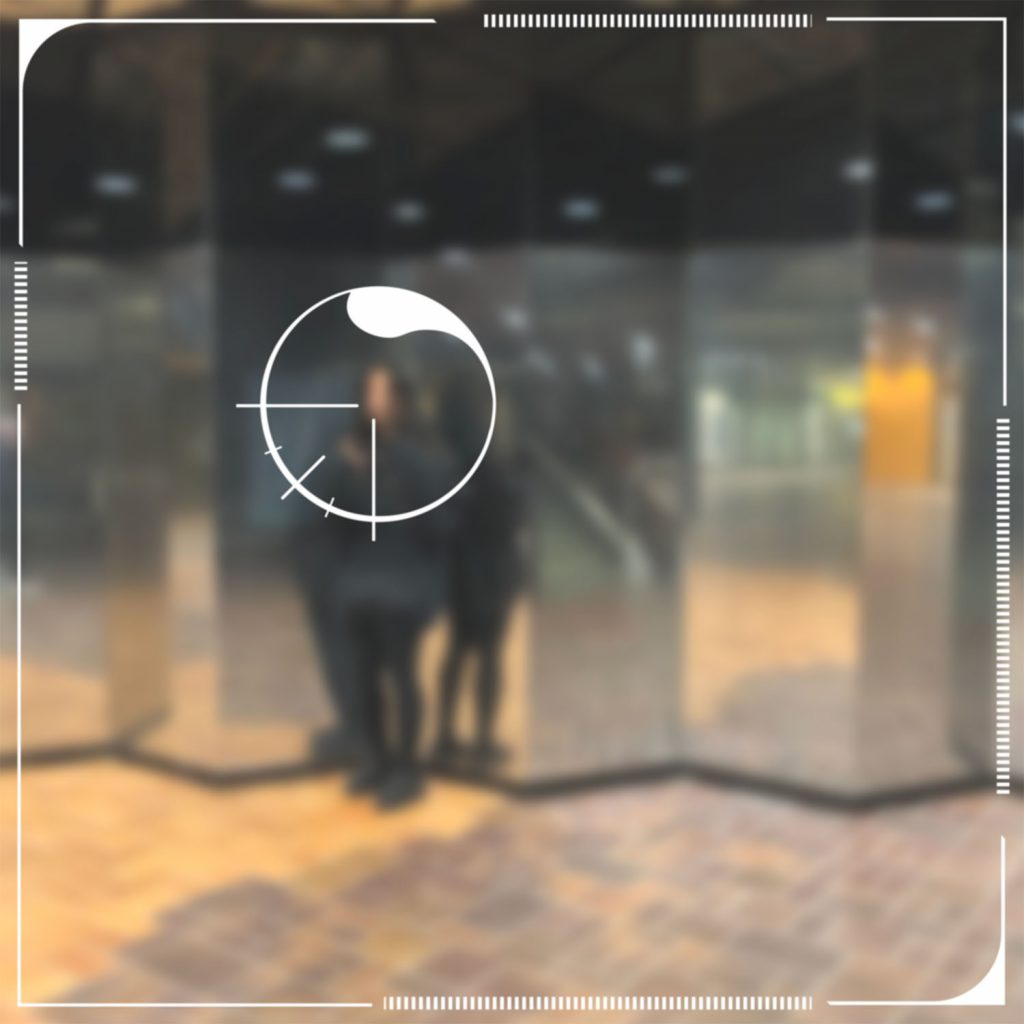“It refers to how I was exposed to internet music in general,” says Nick Zhu over the phone, explaining the reason for the many deconstructed samples throughout their music catalogue. The Tucson-born artist known as bod [包家巷] describes their massive multimedia project Music For Self Esteem—released on Stockholm’s YEAR0001 label on April 30—as a reflection on generational trauma, American capitalism, and a life lived in constant flux. Audiovisual references of online realities retell the trajectory of Zhu’s journey: from an upbringing in Arizona, to emerging onto international post-club music scenes via a stint in Los Angeles, and into a relaxed existence from their current base in Berlin. “It’s this aesthetic I feel some amount of belonging to, but it’s also research into the past instead of the future.”

Music For Self Esteem follows a series of extended mix files and single-play records—notably, Zhu’s 2019 record Prelude to Music for Self Esteem on Yegorka, and Advent Of The Silicon Rain on Quantum Natives in 2018. Over the course of these releases, they’ve cultivated a certain electroacoustic-ambient style. Piano and MIDI notations of traditional Chinese instrumentation are often intercepted by glitched-out sound touches, while Auto-Tuned intonations create an emotional effect divorced from language entirely.
This album is markedly different from prior releases, as it relies on a breadth of art mediums and rather obtuse production. A number of abrasive techno-noise and pensive instrumental plateaus make up the autobiographical odyssey. Volumes of prose accompany the sonics that intentionally disorient an individual narrative. “To create these stories and this wall around meaning—to me it feels more honest, in a way, than to actually exhibit who I am,” explains Zhu. Tracks like ‘If I was White It’d Just Be Called Classical Music’ and ‘LA Was Worth The Struggle but I Had to Leave’ negotiate cultural conventions of artmaking under capitalism. Music For Self Esteem is as much Zhu’s story, as its cumulative artworks and compositions become a means of questioning the engines behind why and how one makes art in the first place. “Instead of attempting to project meaning forward in time, these are recombinations of attempting to project meaning forward in time; these are just recombinations of who I am as I’ve existed as a collection of my past.”
The approach to this project follows a lineage of artists that have re-envisioned the engineering of art objects to be inclusive of communal histories and networks. “Cultural production isn’t just personal. More and more, it seems to me that it’s this communal decision,” says Zhu. Similar to projects that were intentionally defined by the inclusion of various artistic collaborators—like Elysia Crampton’s 2016 record Elysia Crampton presents: Demon City, or Rafa Esparza’s 2017 Whitney biennale installation ‘Figure Ground: Beyond the White Field‘—Music For Self Esteem emphasizes the influence of its past and present supporters. Several tracks are explicitly attributed to the labels of Zhu’s own catalogue, in titles like ‘Dedicated to Knives (self criticism feeding back into insecurely confident behavior endlessly)’ and ‘Dedicated to Pastel Voids (blindly allowing the triggers to do their work)’. “It’s not just me who makes these [releases] happen,” explains Zhu. “This album arriving to someone’s ears isn’t my own action, and never has been.”

Admittedly, the project—consisting of 37 tracks, 10 videos, four volumes of text, and three outsourced merchandised products—may feel daunting for most fans or listeners. “I don’t believe that people listen to anything all the way through,” Zhu comments, adding that, as frustrating as it may be, the sheer size of this project is leveraged as a critique on cultural production in album form. “These given formats, they’re not really created for functional purposes. They’re this after-effect of how culture is commodified.” The continued growth of artmaking guarantees cultural-bankruptcy as the reliance on format and schedules mirrors industrial fabrication. Art becomes a series of valueless artefacts delivered under rigid parameters for consumption and disposal into otherwise semantic waste bins. As Zhu suggests, these trivial controls of production simultaneously serve the elite. On Music for Self Esteem, the artist relinquishes ownership of parts of the project. “It felt good for me to not directly participate in it,” Zhu says, about their own role in producing the other non-music elements of the project. “That felt comforting for me because I no longer felt like a salesman.”
It’s easy to get caught up in Music for Self Esteem as it fluctuates between insightful hyperbole and what feels like ego-driven spectacle. Flippant language is fashioned into poetry that’s included in the album package as a pdf file, like the line, “Hey! Look! Here! This! Right now! On SALE! Limited edition! Attention! Innovation!” in the supplementary poem for ‘If Warp Doesn’t Sign Me I’m Quitting Music’. Meanwhile, the accompanying barebones scores create an obscured cinematic effect that encapsulates the artist’s negotiation of various insecurities as they traverse the music industry. Zhu never explicitly clarifies what the “foodholds in theory” mentioned in the Music For Self Esteem press release refer to but they do make sense of the project, predominantly through their own unique presence and perspective.

“Normally self-insertion refers to people putting a character of themselves into a fiction that they’re writing, but this is more an exercise to put me into this actual reality,” Zhu says, about the device of including the artist as a character in their own work as the primary engine behind it. In line with this philosophy, Music For Self Esteem utilizes its sound design to invert an outdated means of perceiving the future into reflections that ground Zhu’s actual life. Logos and characters spare little opportunity for interpretation as they flash throughout the project’s music videos. These freeform ecosystems rarely feel calculated, instead coming across as a barrage of references that evoke individual memories: “They don’t have a lot of meaning socially. It’s only personal meaning that saturates them into their form”.
Music for Self Esteem isn’t as grand an opus as it’s purported to be. It’s a vast, conjured world that, while abundant with riveting sentimental features, doesn’t reveal many larger theoretical implications or criticisms outside of its narrative arc. However, Zhu’s inversion of futuristic motifs, as a way of tracing their history, inspires an honest and palpable directive: to simply be more present. Value your friendships. Don’t forget who you are. “The way these sounds work, just because they sound like spaceships or Transformers doesn’t mean the experience of listening to them is somehow also related to fictional future machinery,” Zhu says, about the technological music tropes that instead become points of personal reflection across scores. “I think a lot about ASMR videos on YouTube and how there’s a physical relationship between sound and how the human body reacts to it. Using these sounds means I can give a more accurate representation of reality.”**
bod [包家巷]’s Music For Self Esteem LP was released via Stockholm’s YEAR0001 on April 30, 2020.














